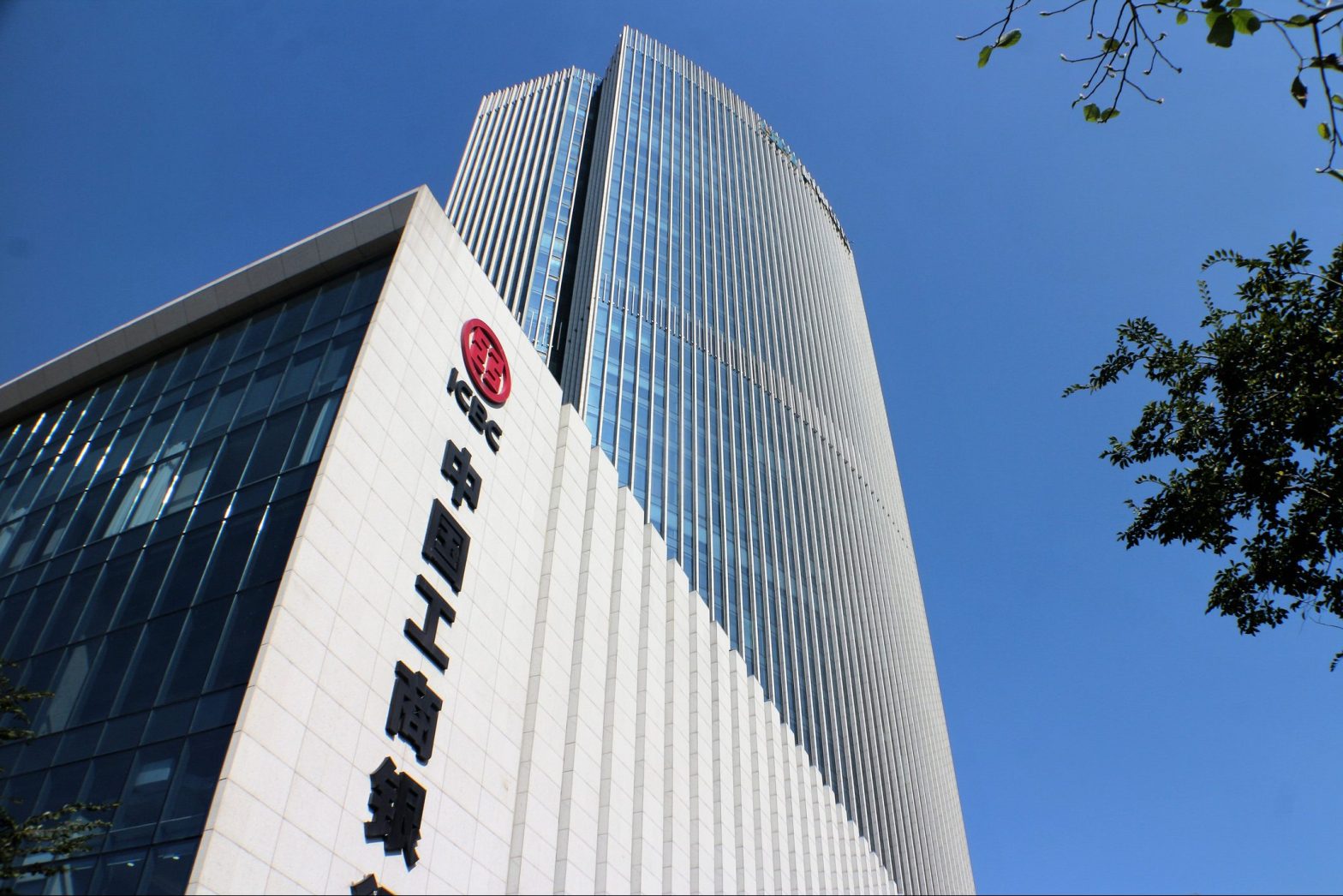(ATF) China’s banks have expanded their underwriting of bonds this year, which has been important in terms of diversifying their business. According to Wind statistics, as of July 20, some 108 banks had underwritten bonds with a total scale of 8.4 trillion yuan, which is a year-on-year increase of 29%.
The Beijing Business Daily has described the new bond market interconnection measures as a critical step. The bond underwriting business has always been a strong part of the traditional banking industry business, but there are big differences in the development of bond underwriting among banks from the rankings point of view. The five major banks of Industry, China, Construction, Agriculture, and Communication have obvious advantages. They are in the forefront in terms of the underwriting amount and quantity, and were responsible for a total market share of nearly 47%.
As of Monday July 20, ICBC ranked first with 932.46 billion yuan worth of total bond underwriting and accounting for just over 11% of the market share, while Bank of China won the runner-up prize with 870.69 billion yuan worth of bond underwriting. China Construction Bank gained third place for a total underwriting amount of 772.45 billion yuan, with the Agricultural Bank of China and Bank of Communications ranked fourth and fifth with underwriting of 735.456 billion yuan and 612.98 billion yuan respectively.
The joint-stock banks, Industrial Bank, China Merchants Bank, China CITIC Bank, Shanghai Pudong Development Bank and China Everbright Bank made up the remainder of the top 10.
But the gap between the head and tail of this bond underwriting business by banks is huge. The top underwriting amount achieved by ICBC this year was 932.46 billion yuan, while at the other end the lowest was Changsha Rural Commercial Bank with a total underwriting scale of only 50 million yuan.
‘Better than loans’
Talking about reasons for the increase in the scale of banks’ bond underwriting this year, a senior researcher in the banking industry told Beijing Commercial Daily: “Although the bank loan business has grown rapidly this year, due to the impact of the epidemic, the loan business’ income this year is not very much up to expectations. Say loans are facing some potential bad risks, there may be a situation of increasing production but not increasing income. And the bond business is more of a fixed income business, which is more in line with the banks’ business model. Under economic weak conditions, the bank will accelerate its expansion and make more profit.”
The paper noted that in the entire financing system, bonds were a fundraising method that companies would generally choose, as opposed to loans. The bond market has huge room for growth in the future, and banks will continue to work hard. It was foreseeable in the future that, as the leading industry in bond issuance and underwriting, banks would continue to account for the largest share, and that the business space would steadily increase.
Defaults
It is worth noting that just as banks are actively grabbing the “cake” of the bond market, the increase in market credit risk has also brought greater challenges. Wind data shows that from 2017 to 2019, the amount and number of defaulted credit bonds in China increased year-by-year. In 2019, there were 183 bond defaults, involving some 148.3 billion yuan. As of July 20 this year, there has been 75 bond defaults, involving a total of just over 91 billion yuan.
Bond defaults have become normalised. In order to further protect the interests of bondholders, relevant departments and the market increasingly demand accountability from intermediaries, and supervision and management have also been strengthened.
On July 15 this year, the Supreme People’s Court officially issued a set of rulings which clarified the conditions and standards for intermediary agencies to assume responsibility, along with duties that supervised intermediary agencies must perform. And these cases are moving from civil to criminal law enforcement.
The Supreme Court also disallowed bankruptcy an excuse to avoid debts from bond defaults.
Insiders have pointed out that in the future, when banks conduct business and product innovation in the bond underwriting field, they should establish a risk control process independent of a company’s business, and set up a corresponding project owner mechanism, as well as pay attention to diligence and risk management as the scale of bond underwriting grows.
























